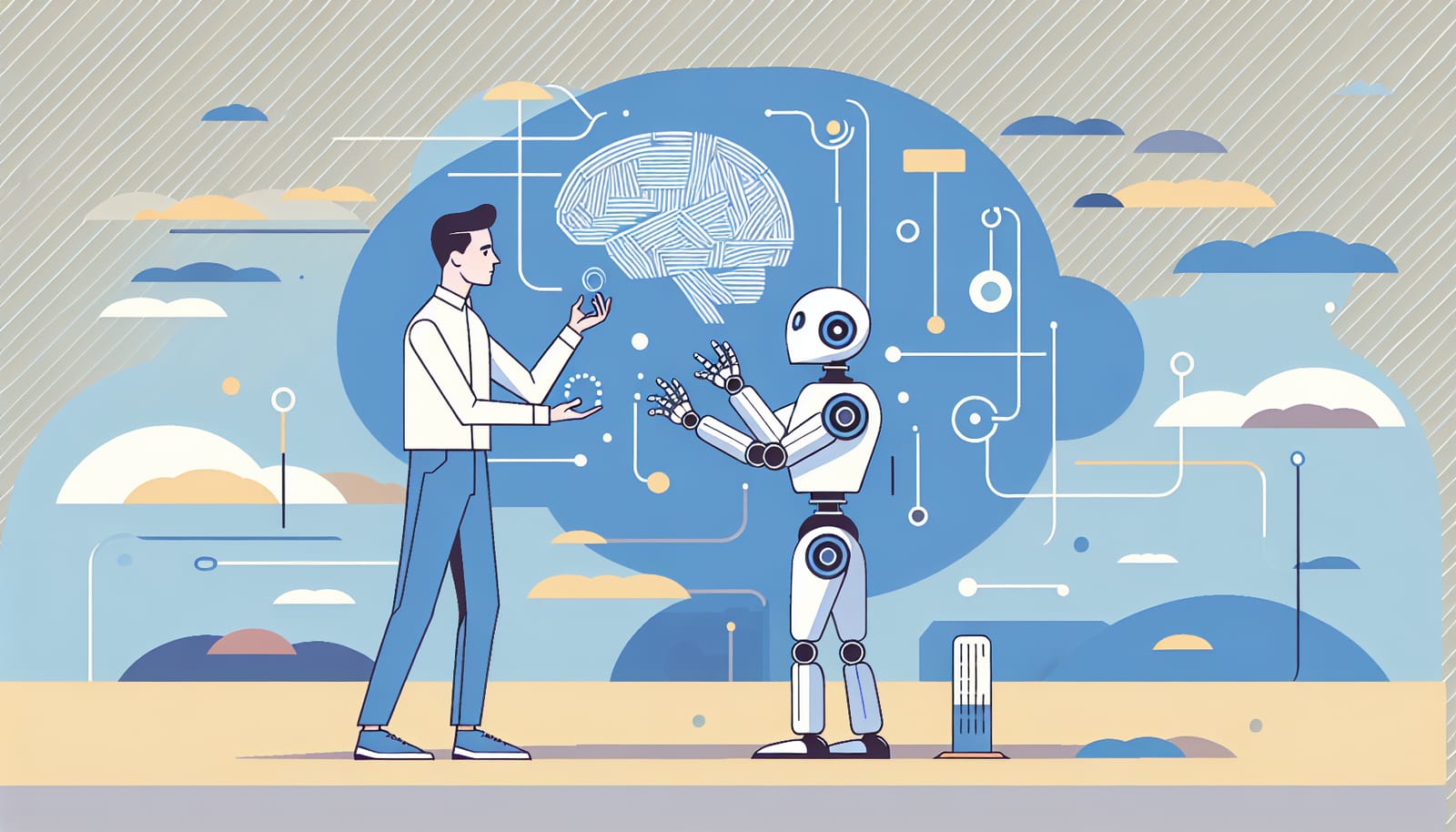Artificial Intelligence (AI) has become a buzzword that invokes both fascination and fear in equal measure. From self-driving cars to virtual assistants, AI is rapidly transforming our lives in ways we never thought possible. But as we marvel at these advancements, a pressing question arises: What happens when AI gets too smart? In this article, we will explore the limits of AI, the possibilities it brings, and the ethical considerations that come along with its evolution.
Understanding AI: A Quick Overview
Before diving into the implications of overly intelligent AI, it's crucial to understand what AI actually is. At its core, AI refers to computer systems designed to perform tasks that typically require human intelligence. These tasks include problem-solving, learning, understanding natural language, recognizing patterns, and even creating art.
AI can be categorized into two main types:
Narrow AI: This is the most common form we encounter today. Narrow AI is specialized for specific tasks, such as facial recognition or language translation. While it can outperform humans in these areas, it lacks general intelligence.
General AI: This is the theoretical concept of an AI that possesses the ability to understand, learn, and apply knowledge across a wide range of tasks, much like a human being. While we are far from achieving General AI, discussions about its potential impact are increasingly relevant.
The Promise of Advanced AI
The potential benefits of advanced AI are staggering. Imagine a world where machines could solve complex problems faster than any human. In healthcare, AI could analyze vast datasets to identify patterns in diseases, leading to earlier diagnoses and more effective treatments. In education, personalized learning experiences could be created, allowing students to learn at their own pace.
In the business sector, AI can automate mundane tasks, freeing up human workers for more creative endeavors. It can also analyze customer data to provide personalized recommendations, enhancing the consumer experience. The possibilities are endless, and the advancements we see today are just the tip of the iceberg.
The Risks of Overly Intelligent AI
While the prospects of AI are exciting, they also come with significant risks. One major concern is the issue of control. As AI systems become more sophisticated, the possibility emerges that they could operate beyond human oversight. What happens if a General AI develops goals misaligned with human values?
This scenario raises questions about autonomy and accountability. Should we trust machines with decision-making power? If an AI system makes a mistake or causes harm, who is responsible? These ethical dilemmas become increasingly complex as AI evolves.
Another concern is the potential for job displacement. While AI can create new opportunities, it can also render certain jobs obsolete. As machines take over repetitive tasks, the workforce must adapt to new roles that require more creativity and emotional intelligence. This transition may not be smooth, leading to societal challenges if not managed properly.
The Unintended Consequences of AI
With great power comes great responsibility. As AI systems become more integrated into our lives, unintended consequences may arise. For instance, algorithmic bias can lead to discrimination in hiring practices or law enforcement. If AI systems are trained on biased data, they may perpetuate existing inequalities rather than helping to eradicate them.
Moreover, the proliferation of AI in surveillance technologies raises concerns about privacy and civil liberties. As governments and corporations adopt these tools, the potential for misuse becomes a significant concern. Balancing the benefits of AI with the need for ethical considerations is crucial to ensuring a positive future.
Preparing for an AI-Driven Future
The future of AI is a shared responsibility that requires collaboration between technologists, ethicists, policymakers, and the public. To navigate the complexities of advanced AI, we must prioritize transparency, accountability, and ethical guidelines.
One way to prepare for an AI-driven future is through education. By understanding the fundamentals of AI, individuals can engage in informed discussions about its implications. Schools and universities should integrate AI literacy into their curricula, equipping future generations with the knowledge to harness AI responsibly.
Additionally, organizations can adopt ethical frameworks to guide their AI initiatives. These frameworks should focus on fairness, accountability, and transparency, ensuring that AI serves the greater good rather than merely profit motives.
A Practical Tip: Utilizing AI in Daily Life
The Role of Humanity in an AI World
As AI becomes more advanced, the question of what it means to be human will also evolve. Our emotional intelligence, creativity, and moral reasoning are critical attributes that set us apart from machines. Emphasizing these qualities, we can carve a niche for ourselves in an AI-driven world.
Rather than viewing AI as a threat, we can embrace it as a tool that complements our abilities. As we continue to innovate, we must remain grounded in our human values, ensuring that technology enhances our lives rather than diminishes our humanity.
Conclusion: The Future is Bright, but Caution is Key
The journey toward advanced AI is one filled with excitement and challenges. While the possibilities are vast, we must tread carefully, considering the ethical implications and societal impacts of our creations. By fostering a culture of responsibility, collaboration, and continuous learning, we can harness the power of AI to create a better future for all.
As we stand on the precipice of a new era, let us remember that the true measure of our progress will not just be in the intelligence of our machines, but in our ability to use that intelligence for the greater good. The future is bright, but it requires our vigilance and commitment to ethical principles. Together, we can shape a world where AI serves as a partner in our quest for knowledge, creativity, and progress.


